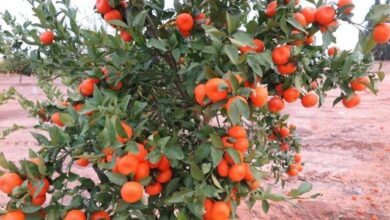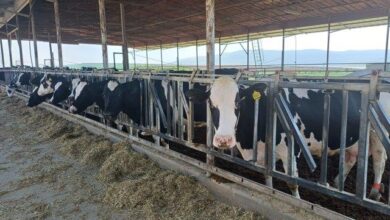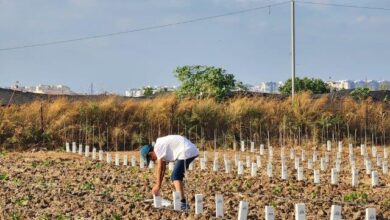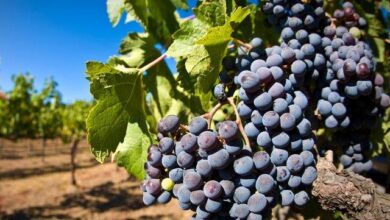Will Agriculture Save Hi-Tech in Japan?
A recent trend in Japan shows hi-tech companies moving into agricultural ventures
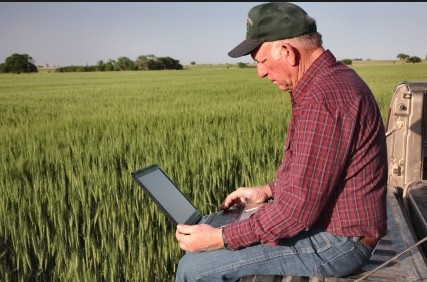
High tech companies currently experience difficulties worldwide. Agriculture is not the first option you might think of as a savior for this industry. Nevertheless, for Japanese hi-tech companies it has become a possible option.
Agriculture is becoming a high profit industry for niche markets after centuries of low pay and hard labor. This transformation results from natural and manmade catastrophes. The weather has become totally unpredictable, with more and more powerful hurricanes hitting Japan and the U.S., draughts and heavy rains and snow at the most unexpected times. All these make agriculture a risky business. The prices of many fruits and vegetables has increased tremendously even in Turkey after many fields froze and spoiled, because of the large amount of rain during spring. Many countries cannot afford to take a risk to the food supply. So governments are willing to pay higher prices than in previous years. The possibility of high returns draws the attention from the industries that are not as profitable as they used to be; especially, as higher prices are becoming the norm for agricultural produce.
It is evident for high tech companies in Japan in particular. Japanese high tech companies are forced to decrease prices, due to fierce competition from China and South Korea. Many factories were about to close down, until the Japanese government began pushing for these firms to grow lettuce.
Not only do the prices for food increase, but there is also s rise in the demand for food in general; especially, in technologically altered and organic food. As the general demand for food rises, some niche customer groups become too big, which offers an opportunity to cater to smaller niche groups. The first trend is the organic one. People really are looking into how and where their vegetables are being produced and only choose products that are organically certified. Another group chooses more technologically altered fruits and vegetables, such as low potassium lettuce that is edible even if you have kidney failure or square watermelons, which save you space.
The electronics maker giant Fujitsu Ltd. began selling low-potassium lettuce, which is grown in a special clean room at its semiconductor plant in Aizu-Wakamatsu, Fukushima Prefecture, last month. Toshiba Corporation follows suit and said it would begin growing vegetables inside a floppy disk factory near Tokyo that has not been used for two decades. Panasonic Corporation is joining this trend and plans to start selling computer-program controlled greenhouses to grow spinach and other vegetables, while Sharp Corporation, began laboratory tests to grow strawberries in an indoor site in Dubai using its lighting and air-purifying technologies last year.
The Japanese government has expanded subsidies nationwide for advanced agriculture and the number of plants like Fujitsu using high-tech methods has quadrupled over the past three years to more than 380, according to government figures, the Wall Street Journal reports.
Via hurriyetdailynews.com, published on July 10, 2014. Click here for the original article.

